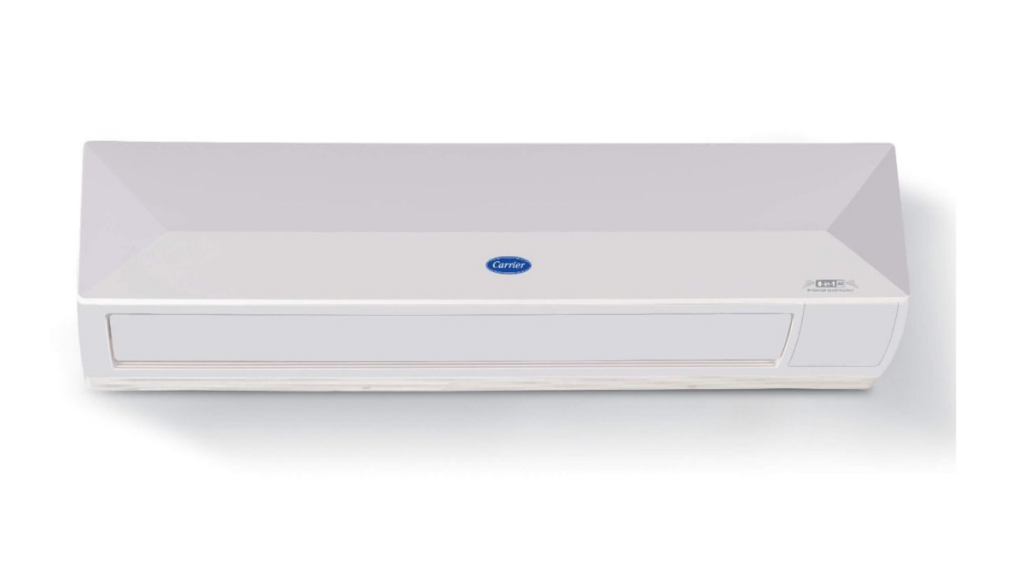Over the last few years, air conditioning units have become a necessity as part of everyday life, mostly in hot climatic regions. However, with the rise in energy charges and the increasing awareness of greener alternatives, there has been a greater call for better and more effective cooling systems. One of the best advancements in emerging technologies within the air conditioning sector is the inverter air conditioning system. The consistent results and low power usage associated with the inverter air conditioner have since made it the most sought-after device by households and commercial establishments. This post will look at what has led to the popularity of the inverter air conditioning system and how it is better or worse than other systems, especially the conventional split air conditioner.
What is an Inverter Air Conditioning Unit?
The essential component of an inverter air conditioning unit is the compressor motor. This motor is constructed in such a way that its speed can be altered to the unit as per the temperature of the room post-cooling. Normal air conditioning systems switch the compressor on and off, inefficiently using Lasting style power supply; however, since this is an inverter compressor, this power will always be adjusted according to the power needed, hence enabling constant power. The above helps in keeping the set temperature while utilizing less power, and hence it is the best model for people who wish to cut down on their power expense.
Advantages of the Inverter Air Conditioner
1. Energies Saving
Inverter air conditioners’ main virtue is their energy-saving capabilities. In regular air conditioners, one has cycles where the compressor is either on full-on or of completely. This type of simple switching causes a lot of power draw. Whereas in the case of an inverter air conditioner, the indoor unit still contains the compressor but this time, its speed is controlled to operate at different temperatures in the house just enough to maintain the set point without unnecessary power use. In the long run, especially where the system is in place for quite long, the energy use is drastically reduced.
2. Low Noise Level
The inverter technology in these air conditioners also makes it possible to use low noise levels and provide smooth operation. Noise and vibration are common when the compressor is switched off and when it is turned on for conventional systems. However, for inverter systems, low-noise powerhouse, efficient systems mean you can sleep without disturbance when in the house or office.
3. Extended Durability
The main unit of an inverter air conditioner runs on a continuous basis, which is smoother in operation. The compressor isn’t constantly starting or stopping, hence experiencing little to no wear and tear. It, therefore, lasts longer than conventional systems. That means that it can help you cut costs incurred from repair and replacement services in the future.
4. Enhanced Temperature Regulation
A multi-split air conditioner with inverter technology enables better control of temperature since the cooling capacity of the unit is adjusted during operation. This allows for a more stable temperature within the room with no instances of the narrow band of temperature switching from high to low, as experienced in non-inverter units.
Inverter Air Conditioner Vs. Split Air Conditioner
Althoughinverter and split air conditioning units are frequently used, they are obliged to consider certain parameters. In split air conditioners, the compressor is sited outside, and the evaporator unit is sited inside. Split air conditioners are also available in the categories of inverter and non-inverter. The focus here is on the fact that inverter cooling systems enjoyed the lowest energy consumption…
However, since the inverter technology has yet to be applied to a non-inverter split AC device, the cooling system works differently. Instead of an energy-efficient cooling mechanism, it utilizes and wastes more energy and thus is costlier within the stipulated time. Although it is usually less costly for the beginner, the elevated energy usage may see this option elevated, excluding other expenses. As for inverter air conditioners, they save more energy, are less noisy, and control temperature within a room better hence, the value for money is more favorable when to the cost and benefits incurred over a while.
What is the reason for choosing an Inverter air conditioner?
When it comes to meeting your cooling requirements affordably over a long period, the true option lies with the inverter air conditioner. It is energy efficient, operates in relative silence, and helps control temperatures, making it the best option for present-day houses and offices. The initial cost of installation might be slightly higher than that of standard systems, but the benefits in terms of reduction in energy bills and comfort that it brings with its installation make it a cost-effective measure in the long run.
FAQ:
Q: What’s the difference between an inverter and a non-inverter in ac?
A: The significant difference is of inverter air conditioner in that it varies the speed of the compressor in accordance with the temperature, thus ensuring efficient cooling and saving energy. The non-inverter air conditioner, on the other hand, works in cycles and this case, switches the compressor on and off, causing temperature variations and higher energy usage.
Conclusion
In short, if you wish to have air conditioning that is energy-saving, noiseless, and offers saving in the long run there is no option other than the inverter air conditioner. Even if the traditional split air conditioners are still in the market, most advanced cooling systems are using this technology of inverter air conditioners. Well, the next time you are thinking of changing your aircon, be sure to go for an inverter air conditioner to experience the performance and efficiency that will not disappoint you.
